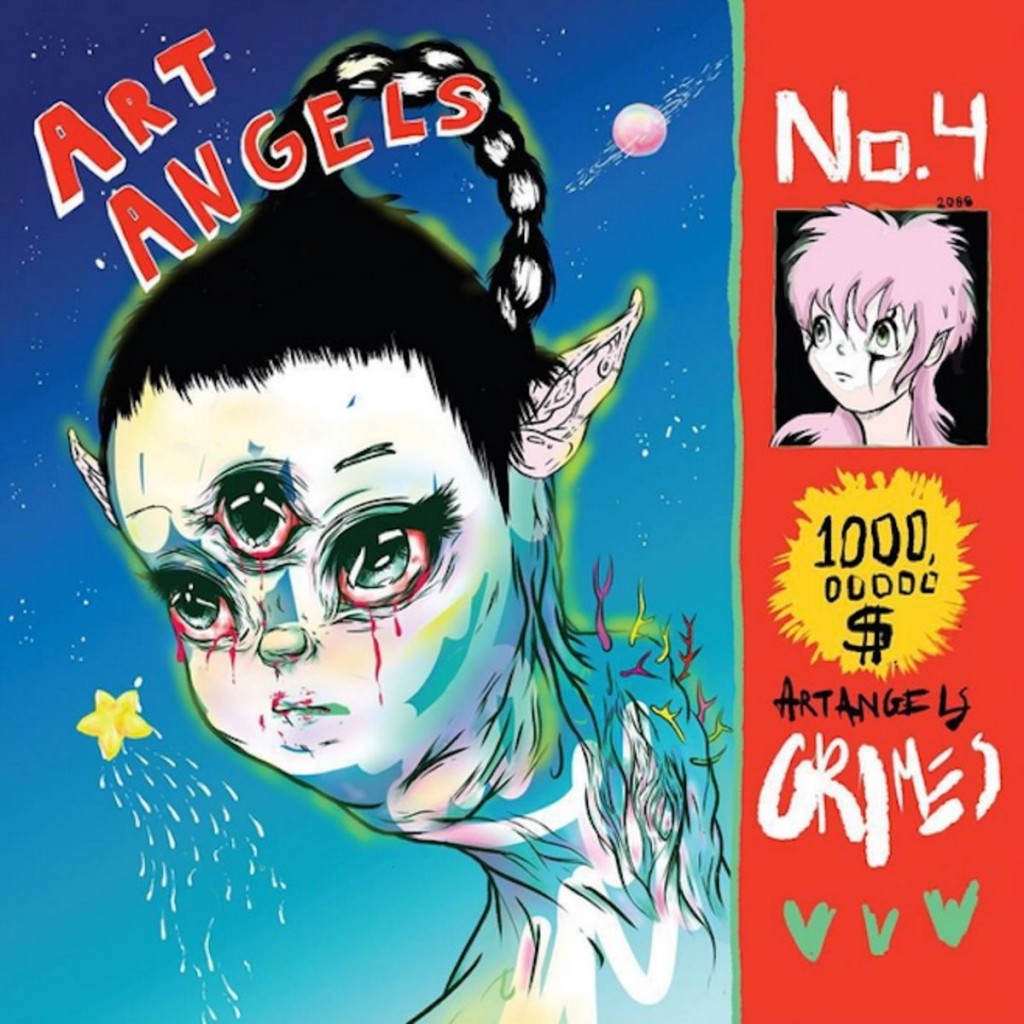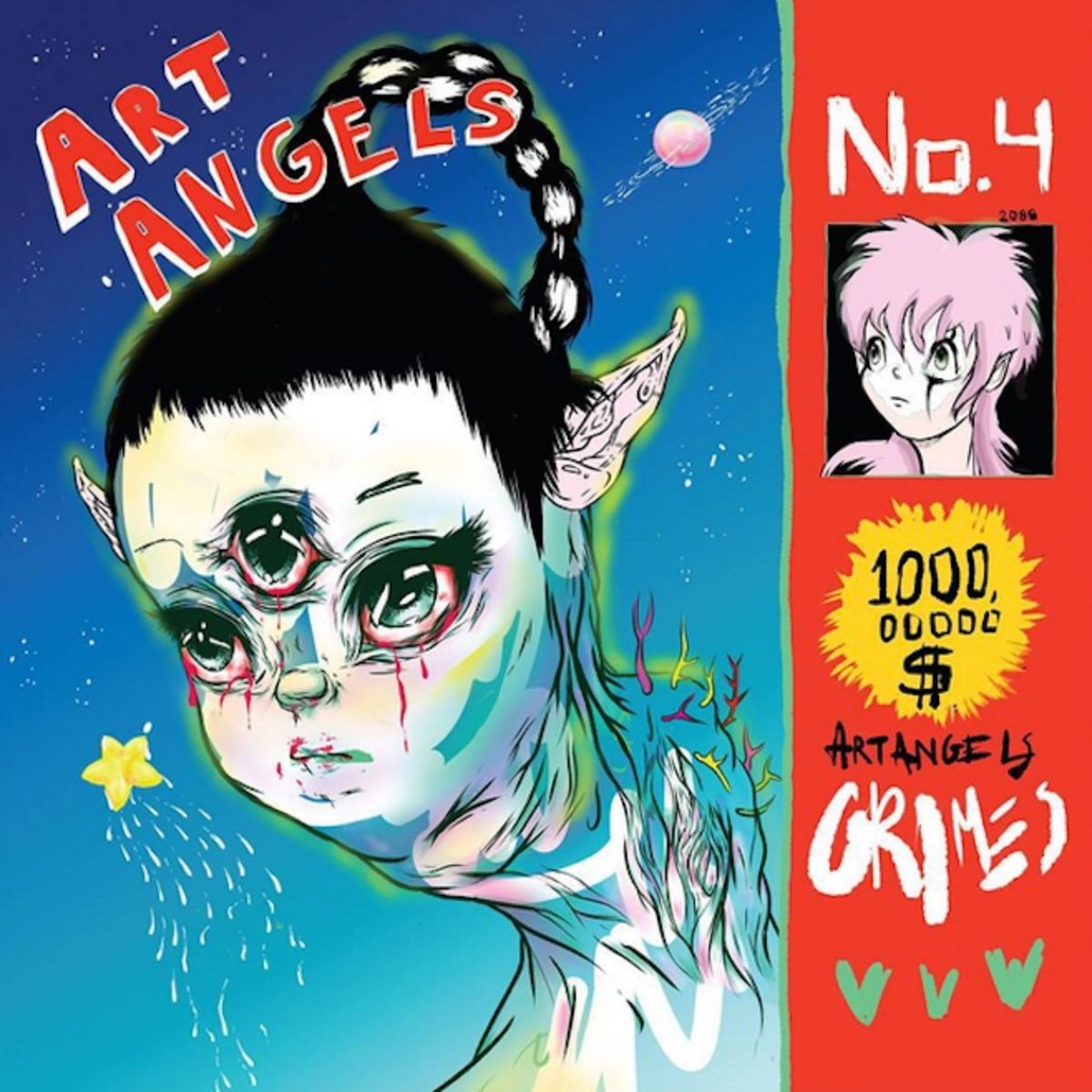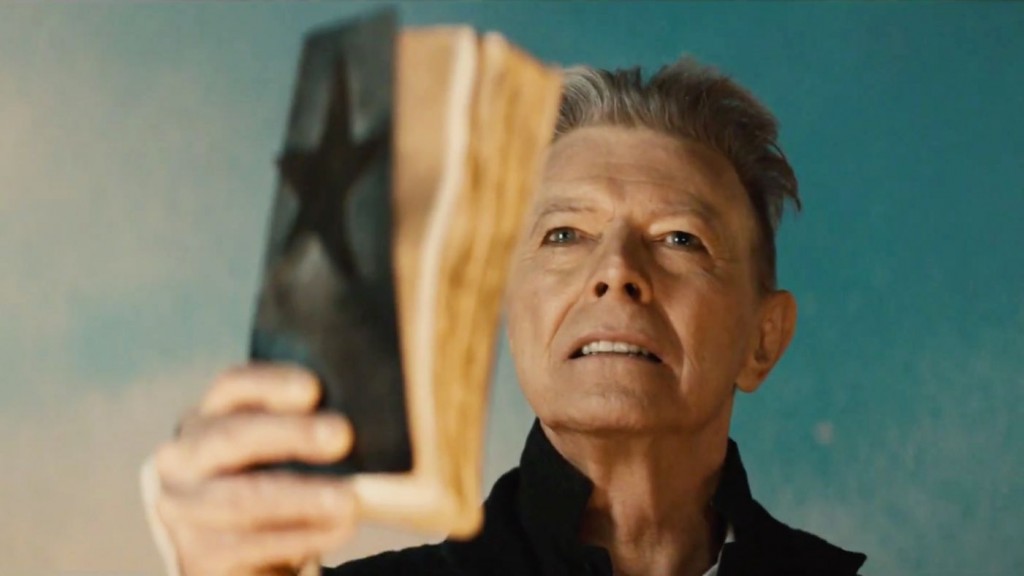Coldplay
A Head Full of Dreams
Before its December release, frontman Chris Martin touted A Head Full of Dreams as the last record that the band will be releasing, or at least the band would treat it like their last. This is essential to keep in mind when listening to the record, as it lends explanation as to why the band seems unable to choose a specific genre throughout the album. The record feels like a last-ditch attempt at covering all of the various musical styles they enjoy most.
When observed from a retrospective position, ties to the band’s past albums crop up. The second single off the record, “Everglow,” bears a strong resemblance to their Christmas release from 2010, “Christmas Lights.” And “Adventure of a Lifetime” pairs up with 2011’s Mylo Xyloto. In order to really enjoy A Head Full of Dreams without getting a headache, a pre-existing infatuation with the band is essential; though you’d be hard pressed to find too many fans expecting great things at this point, as the two records preceding this release were equally grand belly flops. Chris Martin’s lyrics are so unsophisticated that the themes of altruism are hard to see around. Coldplay’s sole purpose is seemingly to broadcast a message of simple peace and happiness. Unfortunately, what we have in A Head Full of Dreams is the big-budget version of a megaphone: a lot of noise, but no lasting impression.
Mitch Huttema
David Bowie
Blackstar
David Bowie turned 69 years old this Friday, and to mark his birthday, the British superstar released another full length album, Blackstar, which marks a return to the spacey, progressive, experimental styles of previous albums. This time around, Bowie’s voice undergoes frequent modification, with effects of all sorts being used to alter and change his voice at various times throughout the album. Blackstar is also chock-full of horns, sometimes blaring powerfully, and at other points humming and delicately reserved in the background. While it’s too early to tell if Blackstar will stand up to other Bowie albums like Ziggy Stardust or Station to Station, it is still a compelling experience, sadly made more compelling and more memorable as it was released a mere two days before the glam-rock legend passed away. Blackstar serves as a farewell from a truly inspiring musician, and will live long in the memory — much as David Bowie will always be unforgettable.
Glen Ess

Grimes
Art Angels
“When you get bored of me, I’ll be back on the shelf,” proclaims Claire Boucher (as Grimes) in the song “California,” from her fourth studio album, Art Angels. The unsettling lyrics, seemingly alluding to the media’s fickle relation with pop stars, are sung over an uptempo, off-kilter, pop-country beat. In “California,” the dualistic essence of Art Angels comes to the foreground: dark yet danceable, accessible yet avant-garde. On “Kill V. Maim,” Grimes sings from the perspective of Michael Corleone playing a gender-morphing vampire. “B-E-H-A-V-E, arrest us! / Italiana mobster looking so precious,” she chants, like a demented Toni Basil. As deeply weird as the song is, it’s just as deeply infectious, featuring a chaotic, guitar-heavy, dance-track tempo. Equally as catchy is “Flesh without Blood,” a sort of preemptive kiss-off for the inevitable cries of “Grimes goes Pop,” in which she sings, “It’s nice that you say you like me / But only conditionally.” Perhaps intentionally, Grimes employs an undeniably pop-y hook, using drums as counterpoint. However, through all its dualities, Art Angels is ultimately united by an attitude. In an interview with The FADER, Boucher recounts how infuriated she used to get when pushy male producers asked to work on tracks with her; something Boucher points out is almost unthinkable for male producers, who tend to have their pick of female vocal collaborators. “Just let me do my fucking job. Why else am I here?” she said. Indeed, Art Angels has Grimes aggressively asserting control over her own narrative, with results that are uncompromising, ambitious, and unquestionably hers.
Terrill Smith




